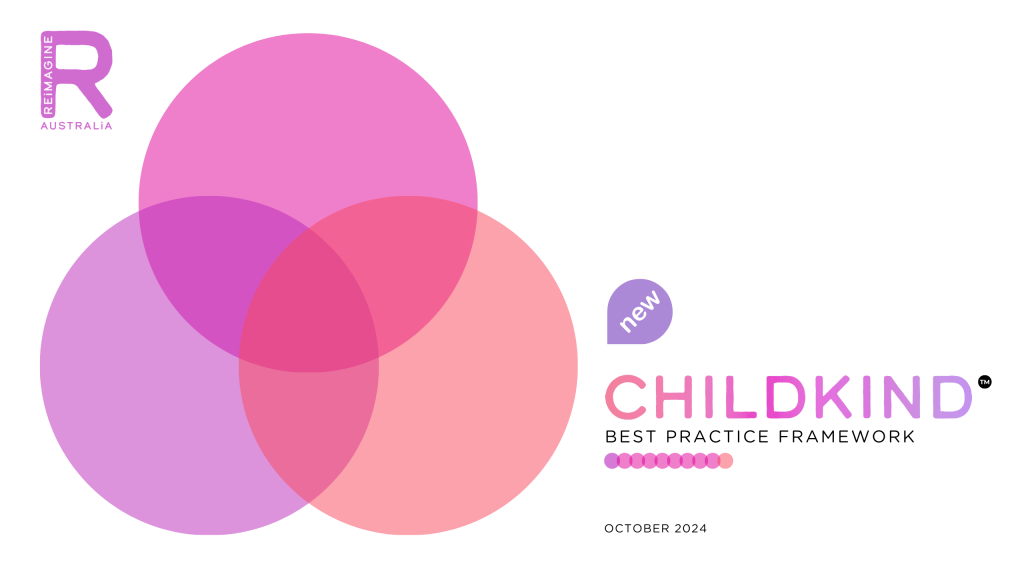KEY COMPETENCY 1.3 – OBSERVE AND RESPOND
“I will act swiftly and make appropriate referrals to other professional supports that can nurture the child’s development and equip the family with knowledge and tools.”
Refer and Equip is the thrid competency under the ‘Observe & Respond’ Ways of Working, and relates to the ‘detection and diagnosis‘ phase of the child’s early developmental support journey. It is important for:
Holistic Support: It ensures access to a wide range of services tailored to each child’s needs through appropriate referrals.
Empowering Families: This competency equips families with tools and knowledge, enabling them to advocate effectively for their child.
Professional Collaboration: It promotes teamwork among professionals, ensuring coordinated care and support for children.
Timely Resources: Swift referrals help address immediate concerns, reducing stress for families.
Long-Term Development: Access to the right resources supports ongoing development and well-being for children.
Referring children to professional services and equipping families with the necessary resources is essential for ensuring comprehensive care. Practitioners must connect families to specialists, such as speech or occupational therapists, while providing tools to help families navigate the system and advocate for their child’s needs.
Research examines the importance of swift referrals to specialist services and how this process helps children receive targeted care, and addresses how equipping families with knowledge and tools empowers them to advocate for their child’s needs and access necessary services efficiently.
Research and Further Reading:
O’Connor, M., Chong, S., Quach, J., & Goldfeld, S. (2020). Learning outcomes of children with teacher‐identified emerging health and developmental needs. Child Care Health and development, 46(2), 223-231. https://doi.org/10.1111/cch.12737
COMPETENCY MILESTONES
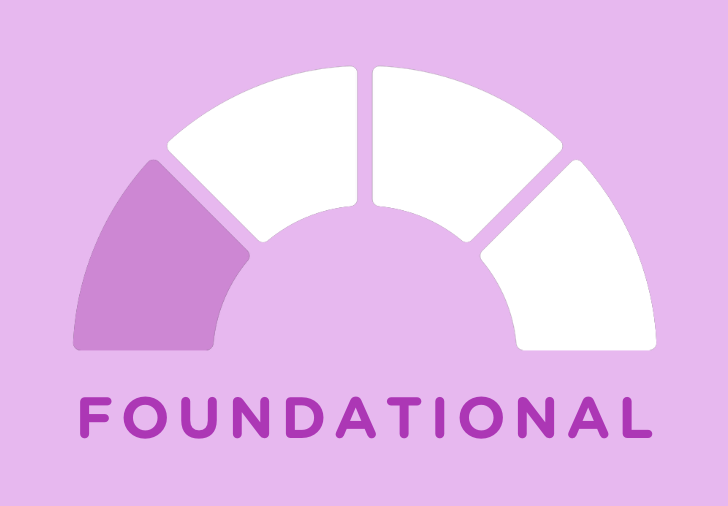
I am able to:
Recognise when a child or family may benefit from additional professional support and promptly refer them to the appropriate services.
Provide families with basic information and resources to help them understand the referral process.
Communicate clearly with families about the importance of seeking specialised support.
Collaborate with colleagues to identify the best referral options for each child’s unique needs.
Follow up with families to ensure they are comfortable with the referral and understand the next steps.
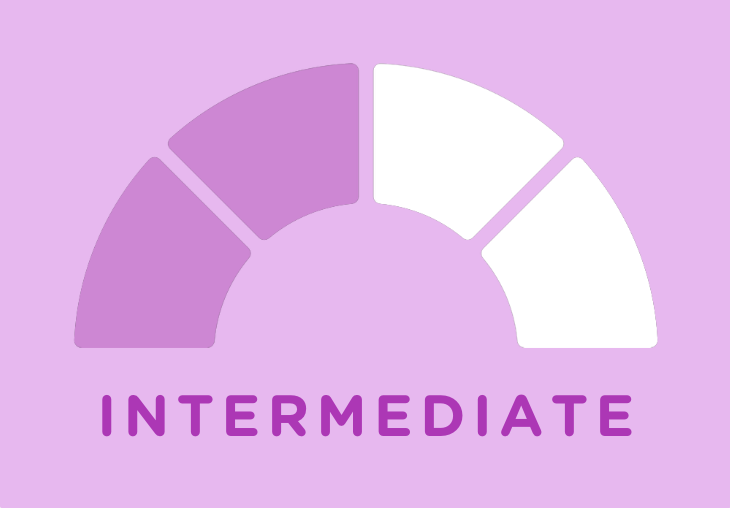
I am able to:
Identify and connect families with relevant professional supports tailored to their child’s specific developmental needs.
Equip families with practical tools and knowledge to manage their child’s development during the referral process.
Establish strong communication channels with referred professionals to ensure seamless support for the child and family.
Provide ongoing support to families, helping them navigate the referral process and access the services they need.
Regularly update my knowledge of available resources and referral options to ensure families receive the most appropriate support.
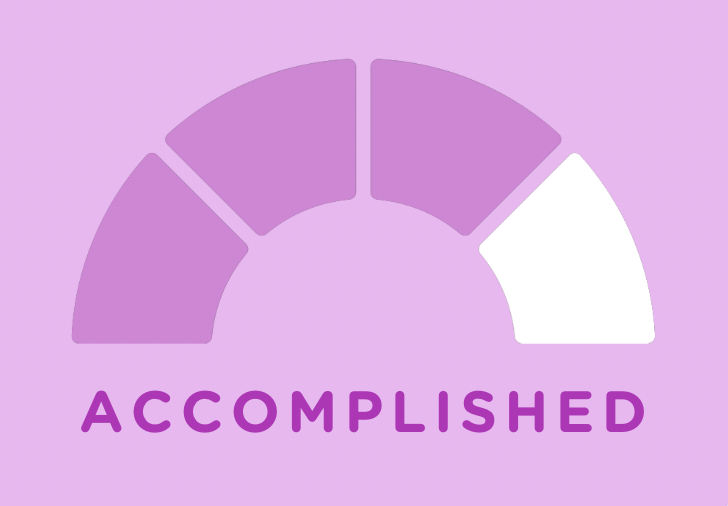
I am able to:
Coordinate complex referral processes, ensuring that all professional supports are aligned with the child’s developmental goals.
Empower families by equipping them with in-depth knowledge and tools to advocate for their child’s needs within the referral network.
Maintain strong, collaborative relationships with a broad network of professionals to facilitate timely and effective referrals.
Provide families with tailored resources and training to help them support their child’s development during and after the referral process.
Continuously evaluate the effectiveness of referrals and make adjustments as necessary to optimise outcomes for the child and family.
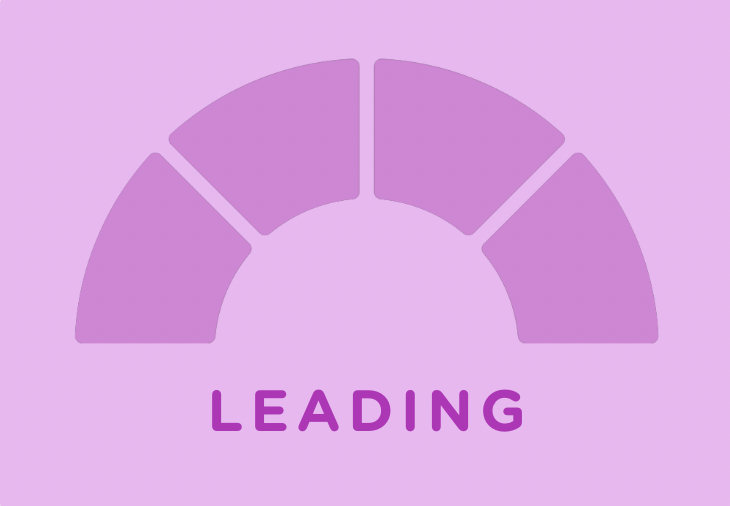
I am able to:
Lead initiatives to enhance referral processes within the organisation, ensuring swift access to professional supports for all families.
Mentor colleagues in making appropriate and effective referrals that are responsive to the diverse needs of children and families.
Advocate for the development and expansion of referral networks to better serve the needs of children and their families.
Design and deliver educational programs that equip families with advanced tools and knowledge to support their child’s development across various settings.
Drive improvements in how referrals and family support tools are integrated, ensuring that families receive comprehensive and coordinated care throughout the referral process.
Reflection questions are a valuable tool for practitioners, promoting self-awareness, critical thinking, continuous improvement, and stronger relationships in their work with children and families. Below are some reflection questions for Key Competency 1.3: Refer and Equip:
Am I providing timely and appropriate referrals to specialist services?
How do I ensure that families feel equipped to navigate the referral process?
Have I followed up with families to make sure they have accessed the necessary services?
Timely referrals and equipping families with the right tools can make a significant difference in the developmental outcomes for children with additional needs.
(Freeman & Wilson, 2021, p. 69).
Access more information on the ChildKind Best Practice Framework with its 10 Ways of Working, 30 Key Competencies and 8 supporting Values and Behaviours here:
